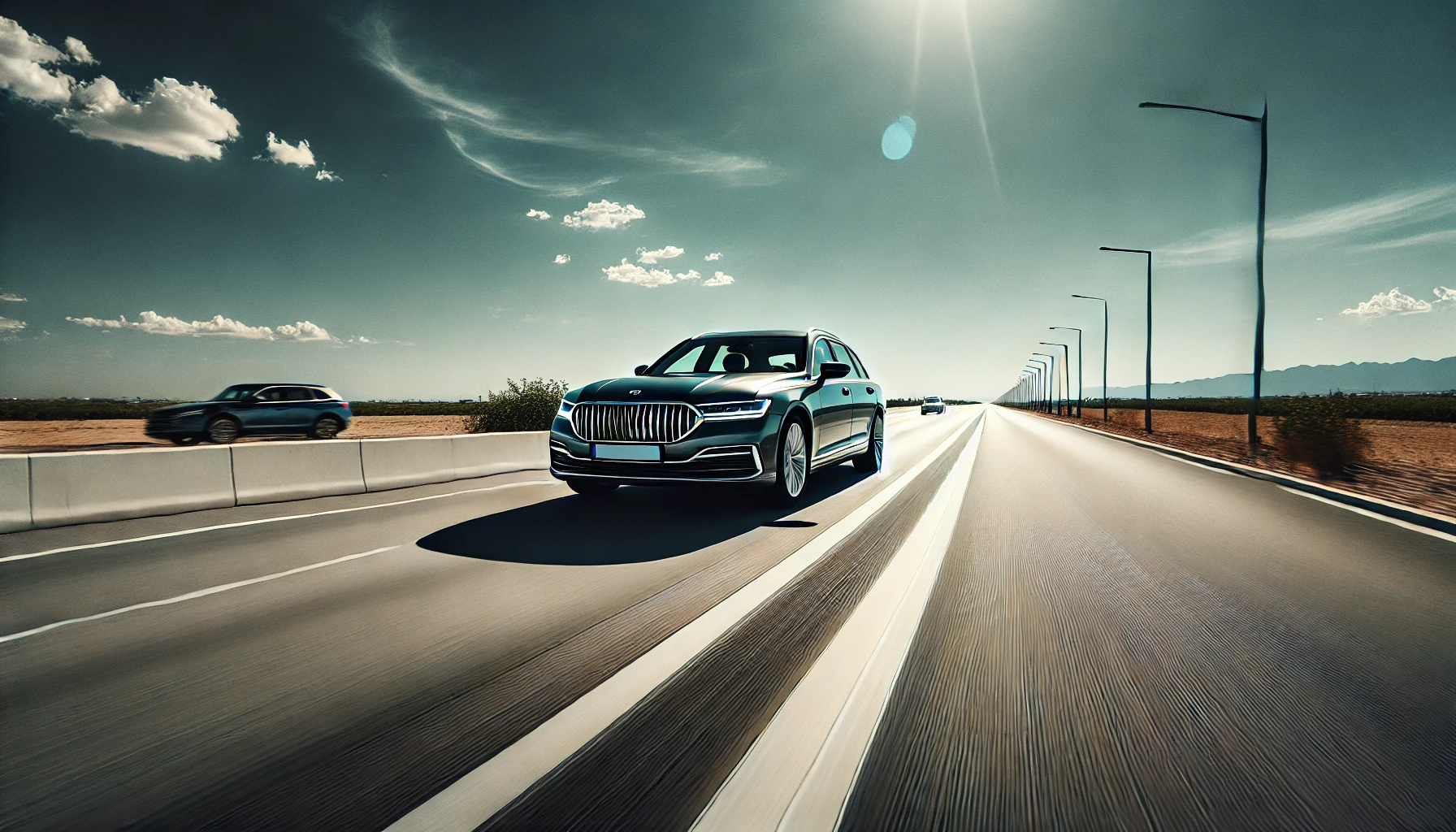The Role of Humans in the Age of AI: The Power of Verified Information and Authentic Content
In an era dominated by artificial intelligence (AI), one of the most crucial responsibilities of humans is to provide and verify information. AI has revolutionized industries by automating processes, generating content, and making data-driven decisions. However, there remains an essential element that machines lack—discernment, truth, and the depth of human experience.
The Concept of Truth: A Uniquely Human Capability
Truth is not just a matter of data accuracy; it is deeply connected to the human soul and spirit. While AI can process vast amounts of information and identify patterns, it does not inherently understand truth. AI operates based on the data it is fed, and if that data is flawed or biased, the AI will propagate misinformation without question.
For example, AI-driven chatbots and content generators can create articles, stories, and even academic papers, but they lack the ability to truly verify the authenticity of their sources. A human journalist, however, investigates facts, cross-references information, and applies moral reasoning before publishing an article. This ability to discern truth and ensure accuracy is one of the defining qualities that sets humans apart from AI.
In the age of misinformation, where deepfakes and AI-generated news articles blur the lines between reality and fiction, human oversight is more critical than ever. Platforms like Google and Facebook employ AI for content moderation, but ultimately, human fact-checkers are needed to confirm what is genuinely true.
AI as a Road, Content as the Vehicles
A useful analogy is that AI is like a road, while content is the different types of cars that drive on that road. Roads provide a path, but the vehicles that travel on them define the journey. In this scenario, content creators are the drivers who determine the direction and impact of their message.
Those who rely solely on AI-generated content will struggle to build meaningful connections with their audience. AI-generated articles, videos, and music often lack originality, emotional nuance, and deep engagement. While they can be useful for automation and speed, they cannot replace the creativity and authenticity of human expression.
Take YouTube, for example. Many creators use AI tools to assist with video editing, scripting, or thumbnail design, but the most successful YouTubers are those who bring their unique personalities, experiences, and insights into their content. MrBeast, for instance, uses data analytics to refine his content strategy, but the heart of his success lies in his human creativity, storytelling, and connection with his audience.
Similarly, in the music industry, AI can generate melodies and even lyrics, but human artists like Adele or Ed Sheeran connect with audiences on an emotional level that AI simply cannot replicate. Their songs resonate because they stem from personal experiences and emotions, which AI lacks.
The Future Belongs to Human Content Creators
Content creators who embrace AI as a tool rather than a crutch will thrive in this new era. AI can assist in various ways—speeding up video editing, generating topic ideas, improving SEO, and automating repetitive tasks—but the core of content creation should remain human-driven.
For example:
- AI can help authors generate book outlines or suggest improvements, but the storytelling and emotional depth must come from the writer.
- AI can assist filmmakers by generating script ideas, but the direction, cinematography, and emotional depth of a movie depend on human vision.
- AI can analyze social media trends to suggest viral content topics, but genuine engagement comes from creators who interact authentically with their followers.
The Winning Formula: Human Creativity + AI Efficiency
The best way to leverage AI is to use it as an accelerator rather than a replacement. Instead of allowing AI to dictate content, creators should use it to enhance their creativity and productivity.
For example, a content marketer can use AI tools like ChatGPT to draft an article outline, but they should add their unique insights, personal experiences, and brand voice to make it truly valuable. Similarly, an artist can use AI-powered tools for design assistance, but the final creative choices should reflect their artistic vision.
The key to standing out in the AI era is to merge the efficiency of AI with the authenticity of human creativity.
Humans Will Shine in the Age of AI
AI will continue to evolve and reshape industries, but the human element will always remain indispensable. Truth, creativity, and emotional connection are qualities that machines cannot replicate. Those who understand this and leverage AI as a tool rather than a substitute will shine in the future.
The age of AI is not about competition between humans and machines. Instead, it is an opportunity for humans to amplify their creativity, verify truth, and create content that resonates on a deeper level. The most successful individuals and businesses will be those who embrace AI while maintaining their human touch.

